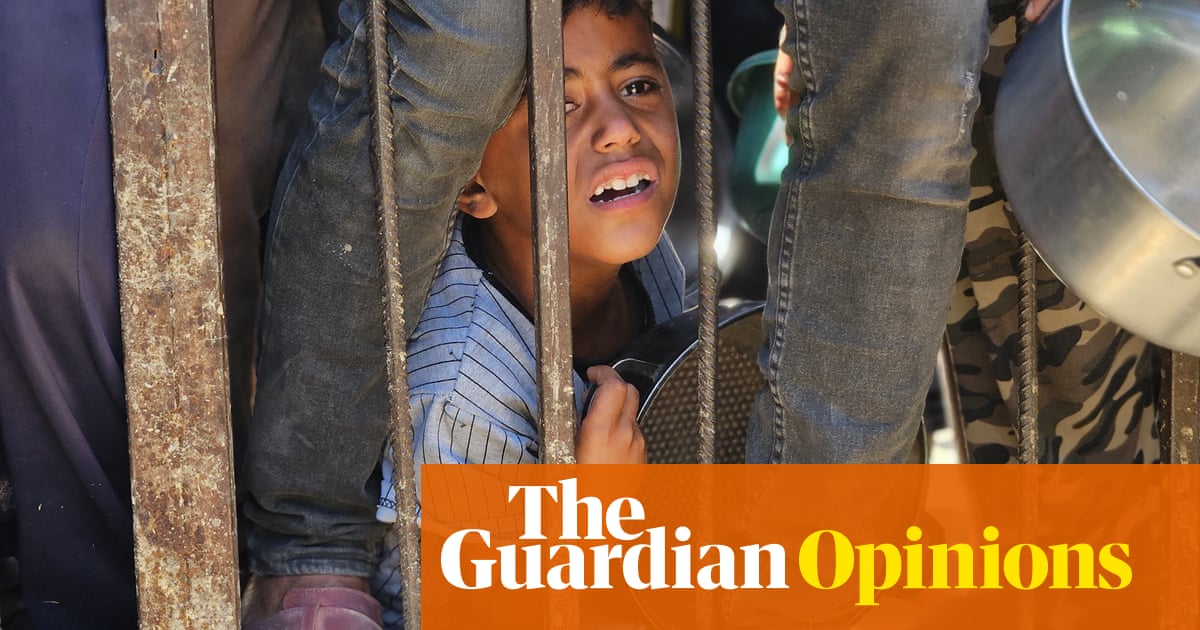Nineteen months on from the 7 October Hamas attacks and the war in Gaza, Israel is under a new wave of international pressure and increasingly isolated from its partners and allies. Benjamin Netanyahu’s government recently announced its intention to reoccupy Gaza yet again, and called up Israeli reservists. In tandem, the illegal expansion of settlements and violence in the West Bank continues unabated. And as part of a tactic to bring pressure to bear on Hamas to release the remaining hostages held in Gaza, Israelhalted the delivery of humanitarian aidinto Gaza for two months, leading to widespread starvation and brutal conditions.
In reaction, the UK, France and Canada issued a joint statement expressing a strong rebuke of Israel’s war effort. The UK’s foreign secretary, David Lammy, also announced afreeze on trade discussionswith Israel, and the imposition of sanctions on settlers and organisations involved in West Bank violence. This reproach followed the Dutch foreign minister’s call to review theEU-Israel association agreement. The move, supported by a large number of EU states, criticised Israel’s conduct of war and could lead to sanctions. Spain’s prime minister went even further, calling Israel agenocidal state. Strikingly, even the staunchly pro-Israeli Trump administration is also taking its distance from Netanyahu’s government, with Donald Trump avoiding a stop in Israel on his Middle East tour. The US vice-president, JD Vance, has also chosen to delay a visit to Israel, suggesting that the administration wants to dissociate itself from the optics of this unending war.
The growing chorus of international condemnation reflects a decisive shift in global attitudes, but without more stringent efforts – including further sanctions, external steps to recognise Palestinian statehood and greater alignment by Israel’s opposition – it is unlikely that Netanyahu and his rightwing coalition will be derailed from their military campaign against Hamas and territorial expansionist plans.
Netanyahu is certainly caught between growing domestic and international pressure, but as of now neither is sufficient to force a change in course or calculus. His coalition of rightwing partners continue to see the war in Gaza as an opportunity under the guise of national security to expand Israel’s territorial claims. Netanyahu himself, seeking to stay in power through 2026, has lashed out against Europe and the UK,arguingthat Israel is at the helm of a fight between “civilisation and barbarism”.
Inside Israel opposition is mounting. The continued captivity of Israeli hostages in Gaza has triggered mass protests, with families and civil society groups demanding immediate action. Polls show that67% of Israeliswant an end to the conflict and the hostages brought home. Meanwhile, Netanyahu’s push for controversial judicial reforms has reignited protests over what many view as an erosion of democratic checks and balances. His attempt todismissthe Shin Bet chief Ronen Bar prompted a rare legal confrontation, with the supreme court stepping in, showcasing tensions between the government and the security establishment. Political challengers such as the former prime minister, Naftali Bennett, and the Democratic party leader, Yair Golan, are gaining momentum among voters disillusioned by the government’s war strategy and domestic agenda. Still, a serious challenge to Netanyahu’s grip on power will require a more unified and future-oriented opposition coalition.
An opportunity for further international pressure that moves beyond rhetoric lies ahead. TheSaudi-French conference on Palestineat the UN headquarters in New York next month marks a potentially pivotal moment. The conference aims to reinvigorate multilateral engagement on Palestinian statehood and coordinate international responses to the crisis in Gaza. With148 countrieshaving already recognised Palestine as a state, the event can be a platform for additional countries, particularly those in Europe, to follow suit. France has hinted at the possibility of announcing its recognition of Palestinian statehood during the conference. The UK is also considering supporting this move.
Saudi Arabia normalising relations with Israel, which has conventionally been seen as the big incentive to end the war and integrate Israel into the regional neighbourhood, is formallyoff the tableuntil Israel recognises Palestinian statehood. Positioning itself as a leading regional voice, Saudi Arabia is leveraging the multilateral conference to reassert Arab support for a two-state solution. As global frustration with the status quo intensifies, the Saudi-French initiative could signal a shift toward greater diplomatic recognition of Palestinian rights and a renewed push for a negotiated settlement.
Israel stands at a crossroads, increasingly isolated on the world stage and facing mounting isolation and internal unrest. Yet, condemnation alone will not alter the trajectory of Netanyahu’s government. What’s needed now is coordinated, strategic external and internal action that can finally force a shift away from endless war and toward a path of accountability, justice and peace.
Sanam Vakil is director of Chatham House’s Middle East and North Africa programme
